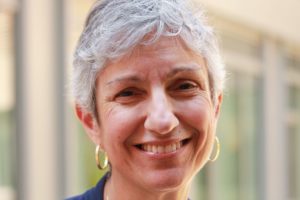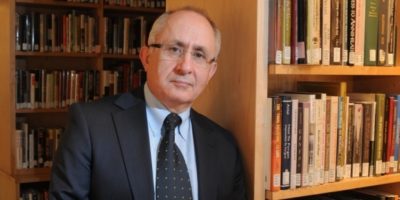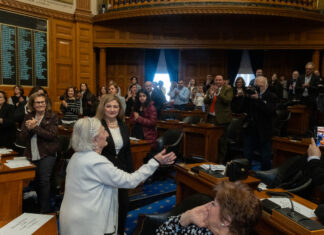WATERTOWN — After a period of expansion, Armenian studies in the United States appeared to have entered a slump or slow period. This seems to be changing again, with the establishment of new academic centers, chairs and programs, especially in California. At the University of California, Los Angeles (UCLA), the Promise Armenian Institute is playing a supportive role in this movement. Most recently, it announced the creation of the Armenian Genocide Research Program as one of its component parts, with Taner Akçam appointed as its inaugural director.
Akçam will be leaving his position as Kaloosdian Mugar Professor in Modern Armenian History and Genocide at the Strassler Center for Holocaust and Genocide Studies of Clark University, in Worcester, Mass., and assuming his new post on May 1 of this year.
Promise Armenian Institute
The Promise Armenian Institute (PAI) was established in late 2019 as part of the UCLA International Institute through a $20-million bequest from the estate of Kirk Kerkorian. Dr. Ann R. Karagozian was appointed as its inaugural director in 2020, and Hasmik Baghdasaryan began working as fulltime deputy director in July of that year. Karagozian, a faculty member at UCLA for almost 40 years, is a distinguished professor of mechanical and aerospace engineering in the UCLA Samueli School of Engineering, but also has held a number of administrative and leadership roles, including as chair of the UCLA Academic Senate and interim vice chancellor for research for the entirety of UCLA. The experience, connections and awareness of university life she acquired as a consequence of these roles is an asset she puts to use in her new position.

Karagozian explained that while in the past she tended to keep her family and Armenian community life separate to an extent from her professional activity, she had taken the first step to break down this barrier over a decade ago, when she began to serve as a University of California (UC) representative on the board of trustees for the American University of Armenia, which operates under UC auspices. When the PAI position was offered to her, she said, “I felt that this might be exactly the right thing to be doing in this stage in my career, where I could contribute still to my profession but also contribute the experience that I have acquired in leadership at UCLA to the creation of an entity that is designed to be interdisciplinary.”
The PAI brings together a number of seemingly disparate parts. There are the two longstanding chairs of Armenian studies: the Narekatsi Chair in Armenian Studies, established 1969, in the Department of Near Eastern Studies and Languages, with its own Program in Armenian Language and Culture, and the Richard Hovannisian Endowed Chair in Modern Armenian History, established in 1987. There is a research program for Armenian archaeology established in 2012 by Zaruhy Sara Chitjian, together with an archival collection and an Armenian Lab dedicated to Armenian archaeology and early history, and an Armenian Music Program, established in 2013 at the UCLA Herb Alpert School of Music under the auspices of Prof. Movses Pogossian. There are also individual scholars who work on Armenian-related topics, such as sociologist Victor Agadjanian.










